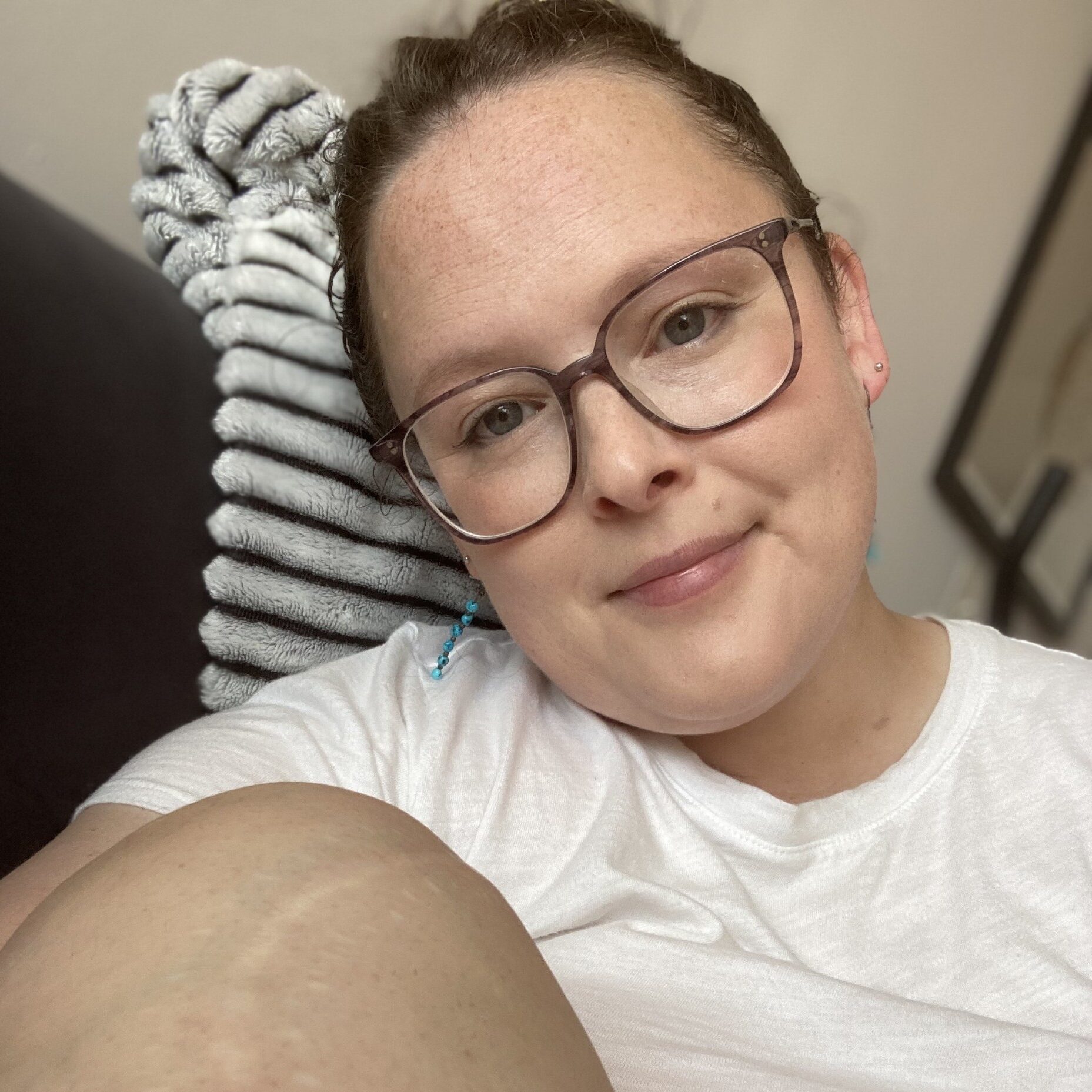
We pay into the system to have this safety net for exactly times like these.
Mina, a cancer survivor living in New Mexico, knows firsthand what it means to depend on Medicaid and the Affordable Care Act (ACA). Diagnosed with cancer at just 25 years old, she endured a year of intensive inpatient treatment, including surgery to remove a tumor in her knee that left her with a titanium knee replacement and additional hardware. She credits the ACA for her survival.
“Thanks to the ACA, I actually survived that because I was under 26 at the time, so I was able to get my parents’ insurance. So, the ACA has basically saved my life,” she said.
That experience launched her into a decade-long career in health policy advocacy. Mina fought for access to affordable, quality health care for people facing high medical bills and delayed treatment simply because they couldn’t afford to see a doctor.
But after years of tireless work, Mina stepped away from her nonprofit position and moved closer to family in New Mexico to focus on her mental health. She leaned on Medicaid, a program she had never used before, as the support system it was meant to be.
“We pay into the system to have this safety net for exactly times like these. So, it’s not only helping me take care of my personal well-being but of course also my physical as well,” she said. “I have a lot of secondary conditions from my cancer experience, just the effects of chemo on the body and the mind.”
With Medicaid, Mina is able to access the care she needs during a time of personal transition. She doesn’t have to worry about cost, which allows her to concentrate on healing and planning her next steps.
“I’ve never used Medicaid before, and it has just been amazing to be able to get care at no cost so I can really just focus on getting my mental health better, figuring out what moves I want to make next and kind of getting back on my feet in my new state,” she said.
After moving to New Mexico, she learned about the state’s work requirements for SNAP. Though she had never used the program, the experience of trying to navigate it revealed how difficult access to public benefits can be.
“They make it difficult to get things like Medicaid and SNAP. But work requirements on top of that have been a struggle for me as well, just even figuring out what the work requirements are, how they work, what I need to do, what I need to be reporting, what SNAP does, how my benefits depend on meeting those requirements,” she said.
Despite her years of experience in health policy, Mina admitted she found the process confusing and intimidating.
“I’ve been in policy advocacy for over a decade, and I’m confused by the work requirements for SNAP. And it’s causing me not to use my SNAP benefits because I’m afraid that if I use that money, they’re going to want it back if I don’t meet the requirements or check a box,” she said.
Her experience raised concerns about how similar work requirements could impact Medicaid enrollees.
“I can, for the moment, pay for my own groceries as I need to, but I can’t go without health care. And if people are not able to meet work requirements or are scared of losing their Medicaid because they do something wrong, I mean, those people could end up in the hospital or dead, literally,” she said.
Mina believes these policies have dangerous implications.
“This decision that politicians have made to essentially take health care away from people is going to cost lives. There are studies, there’s data that says it will, but common sense also tells you that if people aren’t able to figure out the paperwork to get their medical care, their situations may get worse to the point where they can’t get the care and can’t stay alive,” she said.
She pointed to how paperwork alone could become a barrier for people needing life-saving medications.
“People taking prescription medications, insulin, may not be able to get it because they show up at the pharmacy and their Medicaid’s gone because they didn’t check a box on some paperwork,” she said.
While some members of Congress have proposed investments in rural health care to mitigate the damages caused by cuts, Mina called attention to the reality of the situation.
“There’s a lot of talk about how there’s $50 billion going towards rural hospitals to help rural hospitals through this. They’re making a trillion dollars in cuts, $50 billion. It’s like a billion dollars per state. That’s not going to cut it. That’s not going to keep your hospitals open,” she said.
She emphasized that the impact would be devastating for individuals and communities alike.
“People not having health care benefits and not having anywhere to go, even if they do have health care benefits, is definitely going to cost lives,” she said.
Although grateful for her state’s congressional delegation, Mina knows the consequences of federal cuts will still be felt.
“I’m fortunate to have members of Congress who voted to keep health care in our state, but the cuts are going to mean that states are going to have to make really difficult decisions. Unfortunately, people are going to suffer,” she said.
Add your voice to help us continue to push for the best health and health care for all.
SHARE YOUR STORY